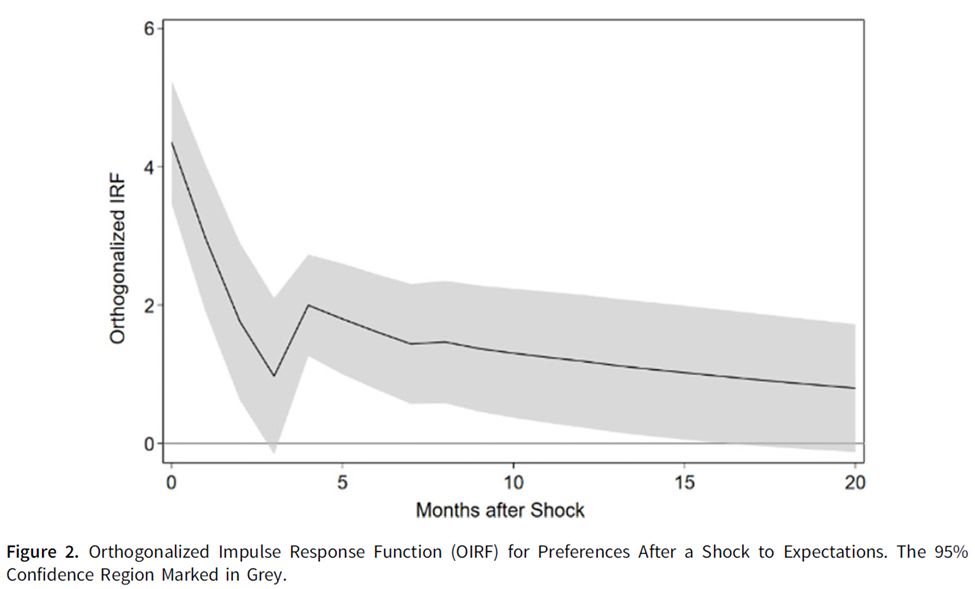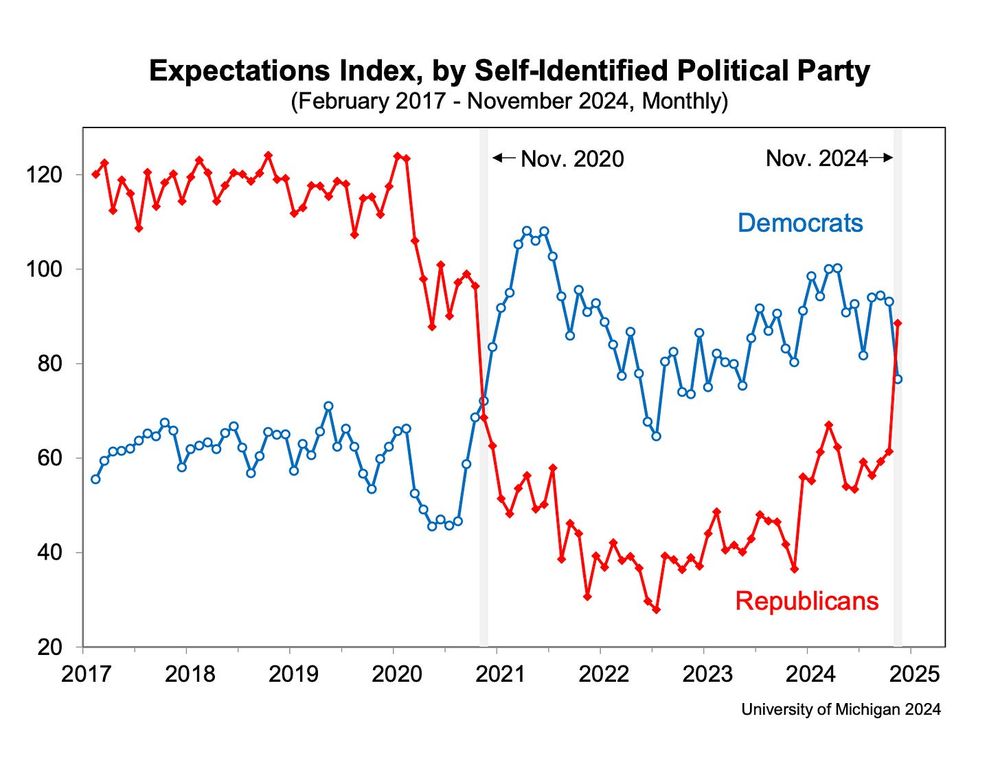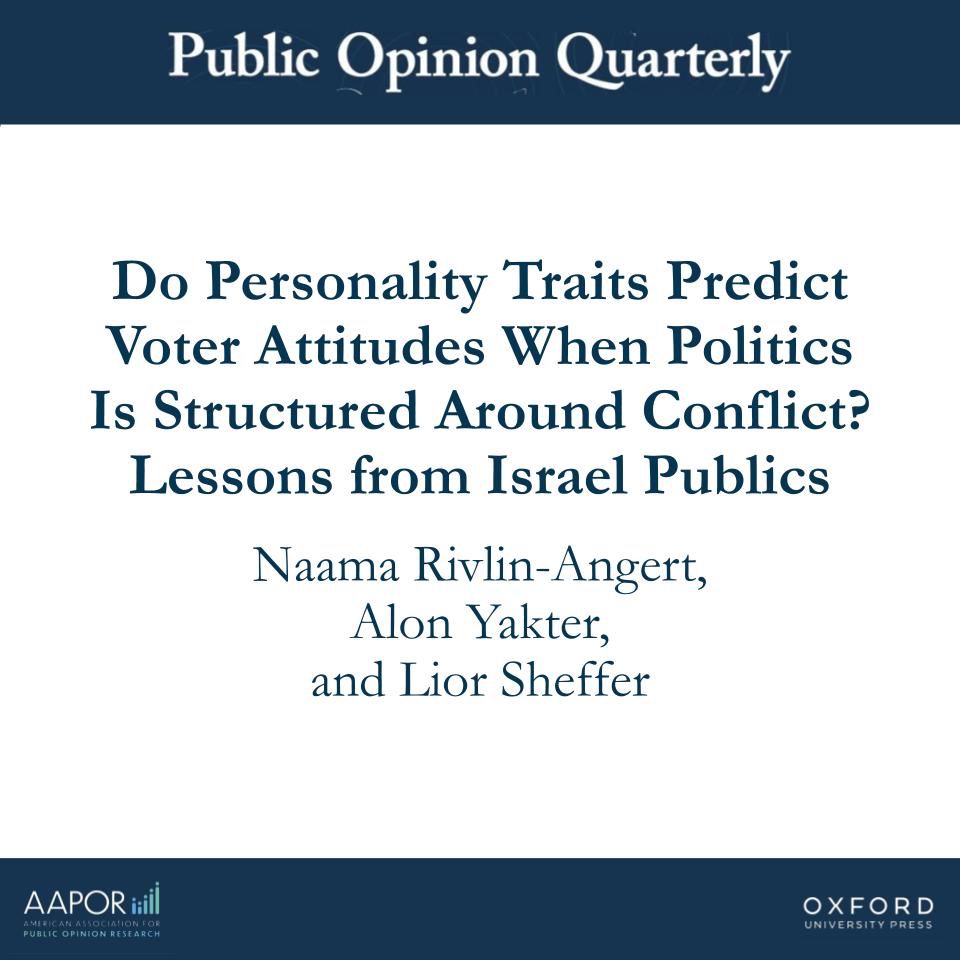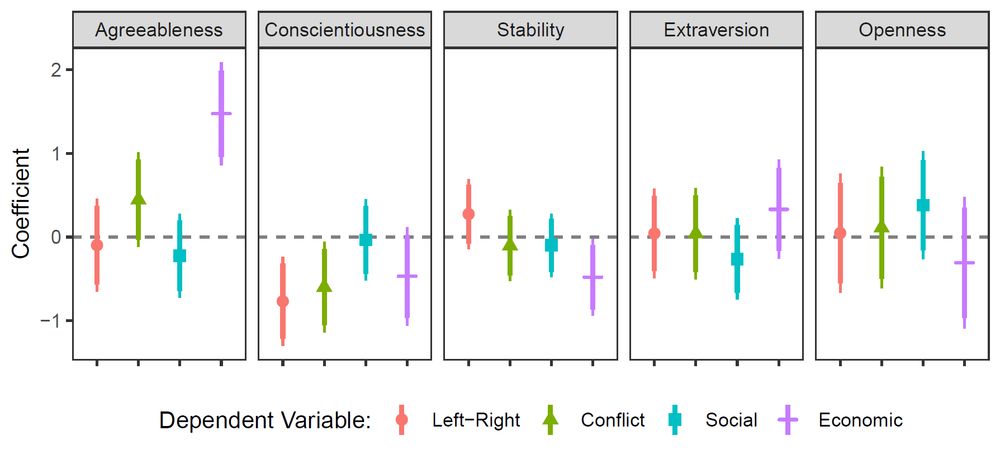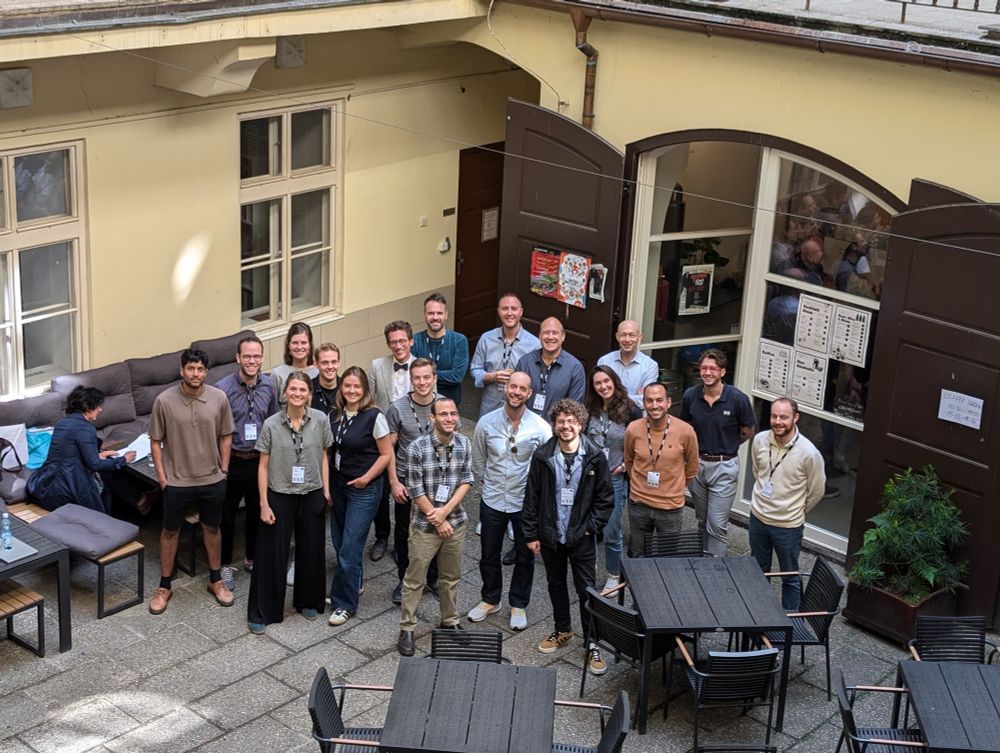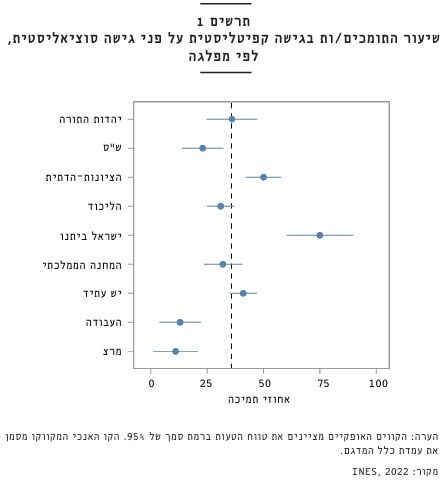Alon Yakter
@ayakter.bsky.social
340 followers
250 following
20 posts
Political science faculty @ Tel Aviv University
Posts
Media
Videos
Starter Packs
Reposted by Alon Yakter
Reposted by Alon Yakter
Reposted by Alon Yakter
Alon Yakter
@ayakter.bsky.social
· Aug 8
Alon Yakter
@ayakter.bsky.social
· Aug 8
Alon Yakter
@ayakter.bsky.social
· Aug 8
Alon Yakter
@ayakter.bsky.social
· Aug 8
Alon Yakter
@ayakter.bsky.social
· Aug 8
Alon Yakter
@ayakter.bsky.social
· Aug 8
Reposted by Alon Yakter
Cas Ⓜ️udde
@casmudde.bsky.social
· Jul 23
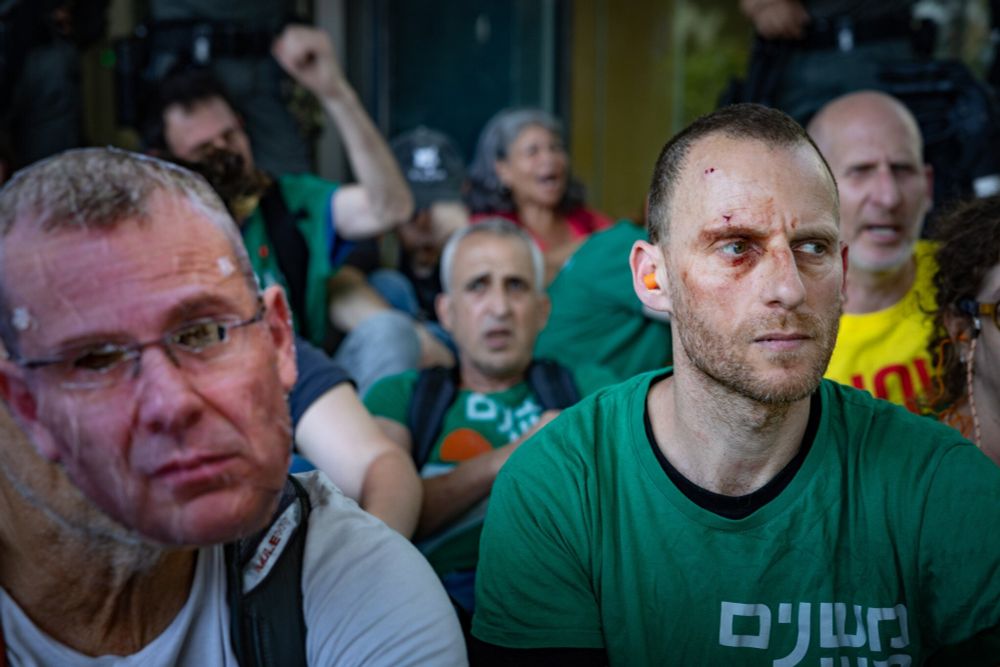
Two scholars warn of Israel’s democratic backsliding, hidden by Oct. 7’s fog of war
In their new Hebrew-language book 'Democracy in Retreat,' Noam Gidron and Yaniv Roznai claim the government is using populism and polarization to chip away at democracy
www.timesofisrael.com
Reposted by Alon Yakter
Reposted by Alon Yakter
Reposted by Alon Yakter
Reposted by Alon Yakter
Reposted by Alon Yakter
Reposted by Alon Yakter
Alon Yakter
@ayakter.bsky.social
· Dec 3
Reposted by Alon Yakter
Suthan Krishnarajan
@suthank.bsky.social
· Nov 22
Alon Yakter
@ayakter.bsky.social
· Nov 23



